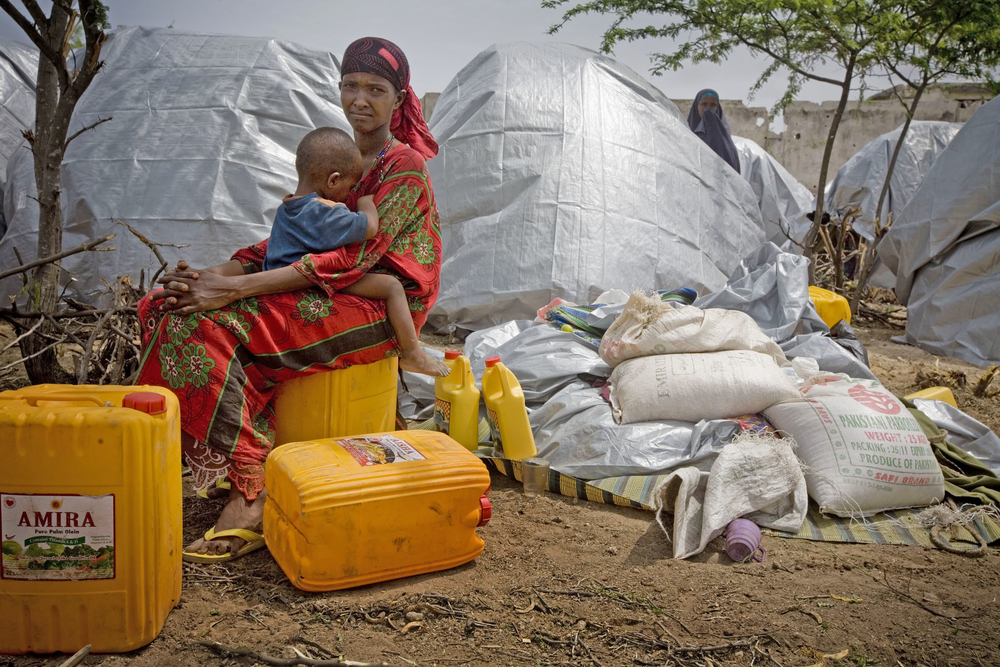How land dealers make a kill out of IDPs in Mogadishu

By T. Roble
Invite IDPs to your remote, unoccupied and undeveloped piece of land in the outskirts of Mogadishu, keep them there for some time not out of generosity. Their presence attracts some form of development which subsequently pushes the land value up. It’s time to evict them and sell the land for a good deal.
That is how land dealers make a kill in Mogadishu according to a report by Somali Public Agenda (SPA) a public policy research organisation based in Mogadishu.
A November brief titled Land prices in Mogadishu and its impact on the urban poor and IDPs indicates that IDPs are a major factor in regulating land prices in Mogadishu and its environs.
There are currently 2.6 million Somalis displaced internally with 600,000 of these in Mogadishu according to the Internal Displacement Monitoring Centre (IDMC) as of December 2018.
“IDPs who have fled from conflict and drought settle in goof lands without paying money, not because of sympathy and support but mainly to urbanize the area so that the neighbourhood could attract land buyers,” the brief says.
Goof land is unregistered plots in the outskirts of the city used by clans and nomadic communities for grazing. “When the neighbourhood is urbanized, the land value increases and the IDPs are evicted and relocated in a further distant place.”
VICIOUS CYCLE
Once displaced, the brief notes, the IDPs alongside the gatekeepers embark on another mission to search for goof land where they negotiate with the owners and settle there again. A similar fate as previous befalls the IDPs and they are evicted again. Through this ‘use and dump’ approach, Mogadishu outskirts become habitable and land dealers have their pockets deep by the day given lack of government regulation. It’s a vicious cycle.
IDPs have become a tool of convenience, power and enrichment, particularly in Mogadishu. From being readily available protesters for hire by politicians to a conduit of income for gatekeepers in camps, it’s now emerging they are becoming pawns for land brokers and dealers in the city.
Clan concentration also affects land value in Mogadishu, the report says. Clan populated areas are less valuable since they do not attract investors from other clans leaving it to members of that particular clan to develop it. Conversely, cosmopolitan areas have a higher value same as areas with good security.
SPA calls for government regulation on goof land and robust urban planning in addition to putting in place an effective IDP policy to deal with integration and resettlement.